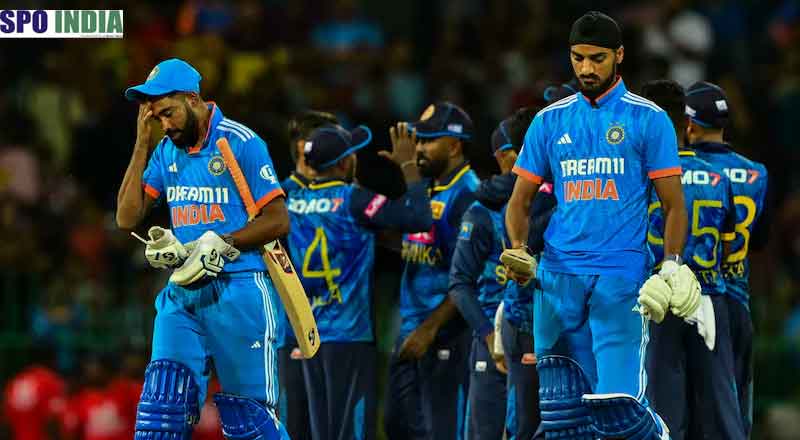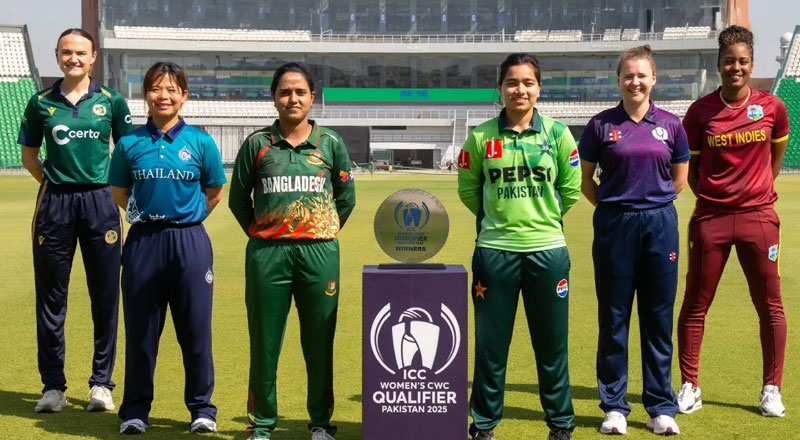The first ODI between India and Sri Lanka has become a focal point of controversy after the match ended in a tie, but did not feature a Super Over, as mandated by ICC playing conditions. The decision to forgo the Super Over has raised questions about the umpires’ adherence to established rules.
The decision to skip the Super Over has not been addressed by the ICC or any representative from the Indian management as of now.
Match Summary
In the first ODI, India’s captain, Rohit Sharma, showcased a standout performance with 58 runs off 47 balls on a challenging pitch that offered variable bounce and significant spin. Despite Sharma’s effort, the rest of the Indian batting lineup struggled against Sri Lanka’s spinners, leading to a tight contest.
Sri Lanka’s spinners, led by Charith Asalanka, proved difficult to handle, contributing to a thrilling but low-scoring match. Asalanka’s back-to-back wickets played a crucial role in the game’s outcome, leading to the 44th tie in the history of ODI cricket.
Umpires’ Decision
The absence of a Super Over has generated significant discussion among fans and analysts, with many questioning why the umpires did not adhere to the ICC’s playing conditions. The controversy highlights the need for clarity and consistency in enforcing cricket’s rules, particularly in high-stakes matches.
The second ODI in the series saw India coming out second best against Sri Lanka, further intensifying the scrutiny over the handling of the first ODI’s result. The cricketing world awaits an official response from the ICC and an explanation for the decision made by the on-field umpires.





